Search
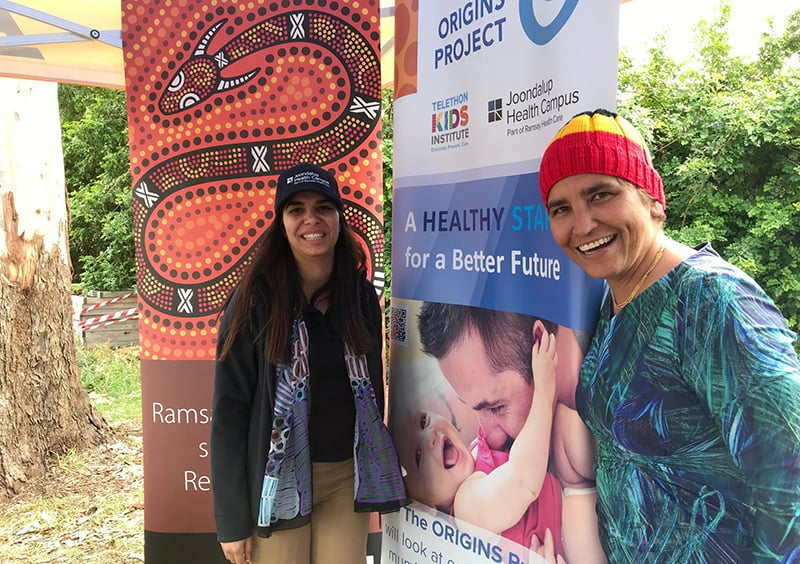
ORIGINS participated in the inaugural Wadjak Northside Social Emotional Wellbeing Expo on 24 October at the Wadjak Northside Aboriginal Community Centre.
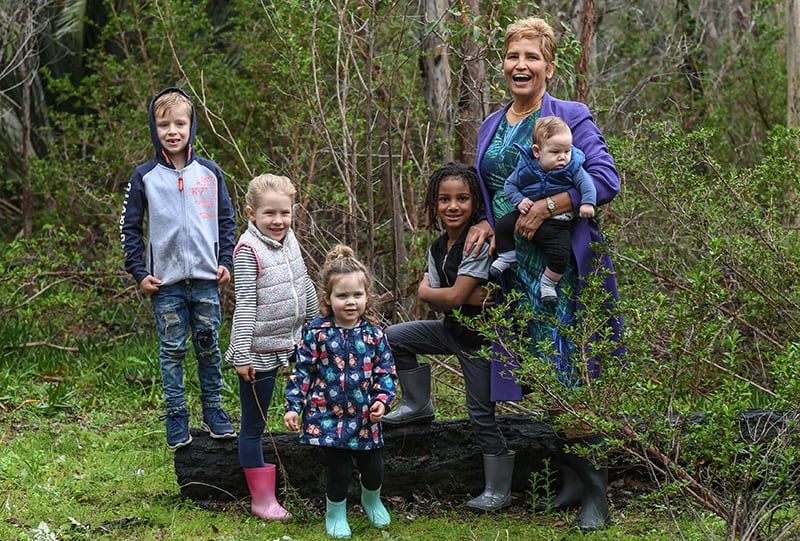
On average Australian children spend about 22 hours a week on a screen and six hours a week playing outside.
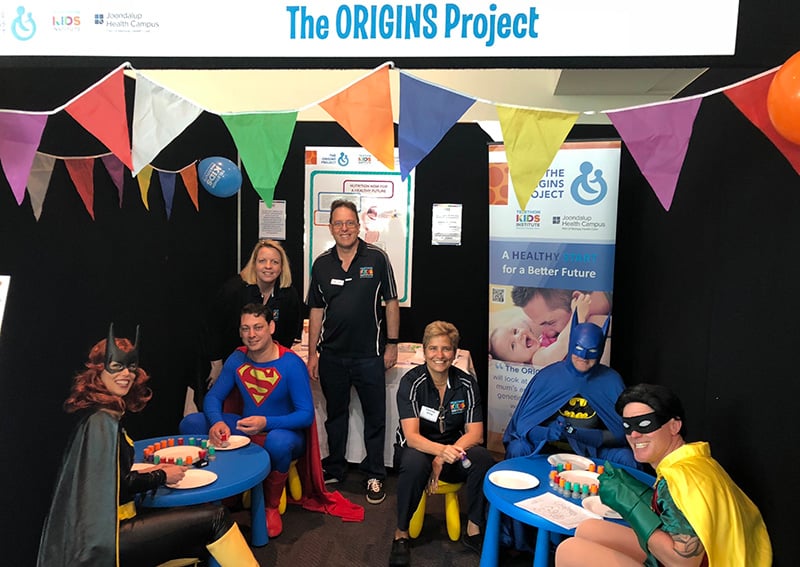
Over the weekend, ORIGINS staff were out in force in the phone rooms and in our ORIGINS Project booth at the Beneficiaries Expo at the Perth Convention and Exhibition Centre.
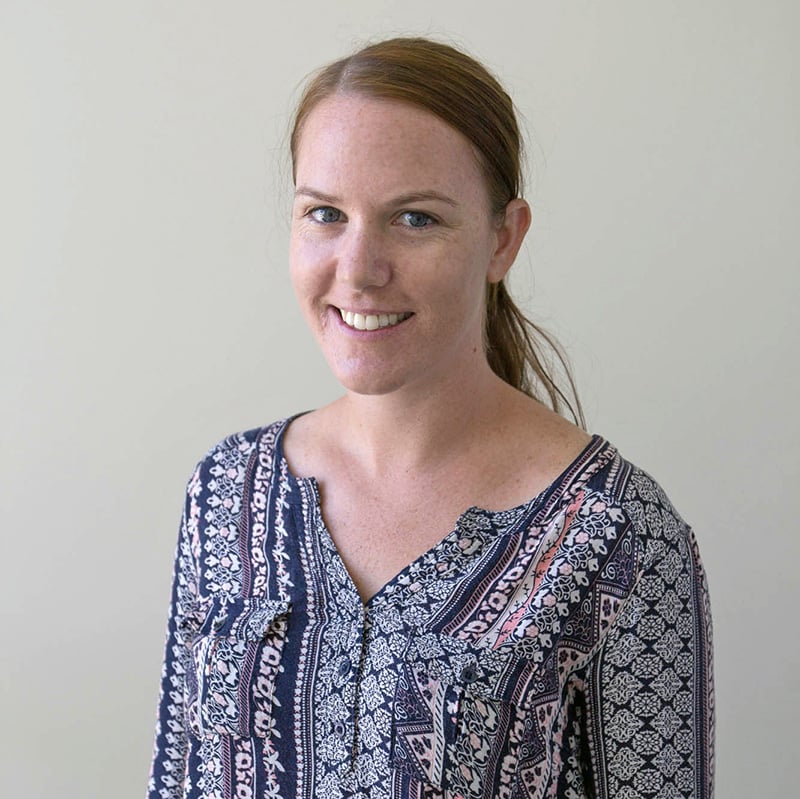
A healthy lunchbox is important, as it provides the fuel for your child to get through their day of learning and play.

Something we’re commonly asked is whether a prescription, over-the-counter, vitamin or herbal medicine is safe to use during pregnancy. ORIGINS pharmacist Stephanie Dimitrov-Zeller provides some great advice for expectant mothers.

How to identify and tackle a weight problem in children is a delicate and sensitive issue for many parents. However, the earlier any child weight issues are identified the better.
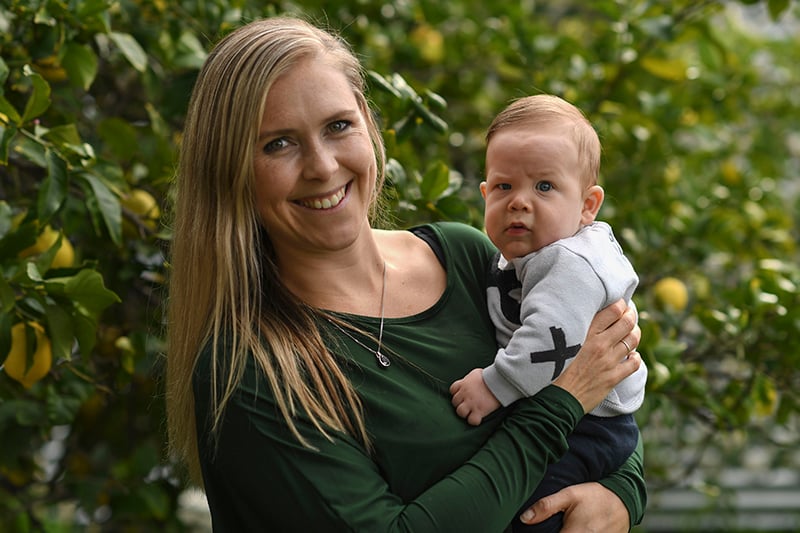
With up to one in four Australian children now affected by allergic diseases, the potential for the ORIGINS SYMBA Study to positively impact future lives is immense.
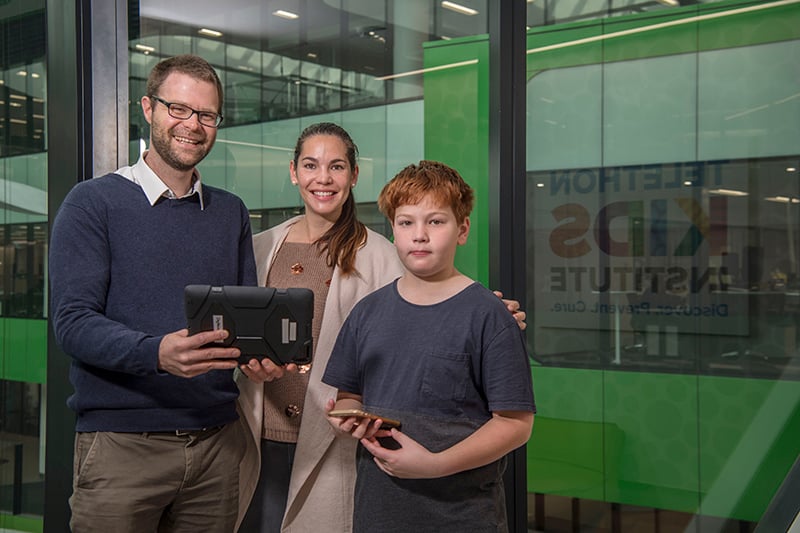
Professor Andrew Whitehouse and the Autism team at The Kids are working with Joondalup Health Campus as part of ORIGINS to gain greater insight into how the brain develops in children who have difficulties with language.
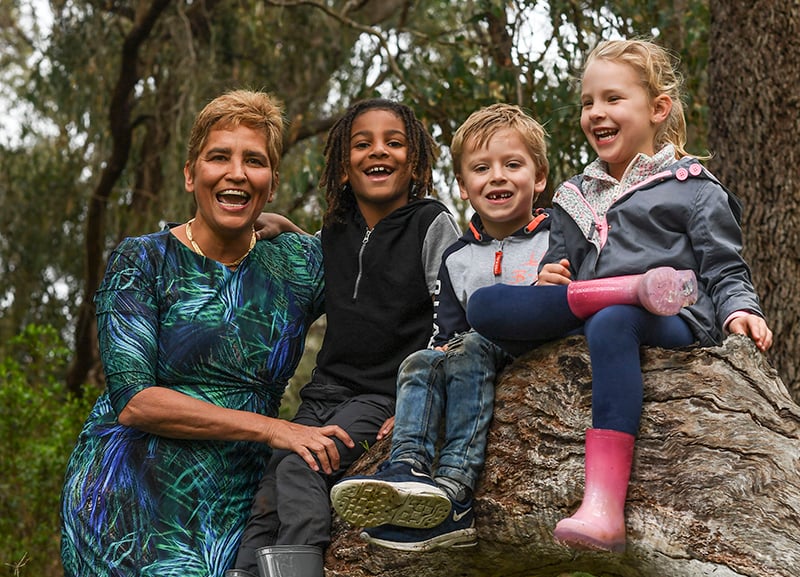
ORIGINS is investigating the influence of nature, from pregnancy through the early years of childhood and its impact on later health, as part of the nature relatedness study.

While learning language is a lifelong journey, the first few years of life are especially important. So how do you know if your child’s language is on track?
